Projects
Adaptive Education
To the project browser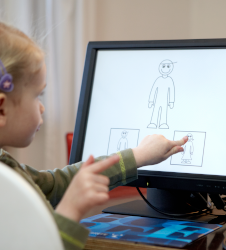
AppLeMat
The AppLeMat project aims to develop and evaluate a therapeutic, tablet-based application as an adjunct to learning therapy.

TschAu
The project aims to develop a standardized achievement test for students in grades three to six, which can be used to assess specific competences and impairments in written expression.
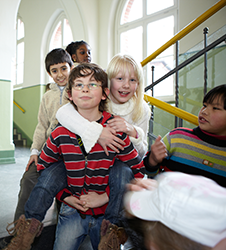
KoaLa
Das Projekt KoaLa ist Teil des bundesweiten Forschungsverbundes „Schule macht stark“ (SchuMaS). Es beschäftigt sich mit der Erforschung und Gestaltung kognitiv aktivierender und kollaborativer Lernangebote.

FrameWord
The aim of the project FrameWord is to investigate whether mechanisms that were described for visual object recognition – namely, neuronal top-down processing – also apply for visual word recognition.

LONDI (former OnDiFoe)
The project LONDI aims at developing a web-based platform to support the identification and treatment of children with major difficulties in learning to read, spell, and/or calculate. The platform will provide evidence-based information, materials and tools for learning disabilities screening as well as for the individual diagnosis and remediation.
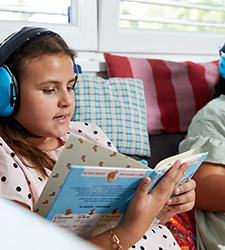
iLearn
This project evaluates the potential of computerized formative assessment to support reading acquisition of children with reading difficulties. Formative assessment enables teachers to adapt their teaching methods to the individual learning progress of their students.

AttentionGO
In this research project developmental trajectories of children with and without ADHD symptoms will be examined by determing cognitive and emotional fluctuations, difficulties in self-regulation, and learning strategies.
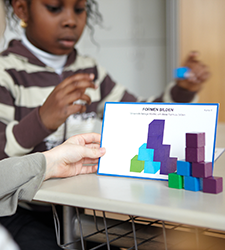
ViWa
Visual perception in children is known to serve as an early indicator of learning and achievement disorders. The project ViWa focuses on the development of visual perception and its relationship to math precursor skills and social-emotional competencies in children aged four to ten years.
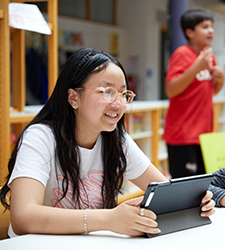
LexPro Training
The project focuses on the enhancement of visual word processing in children with reading problems (5th and 6th graders).
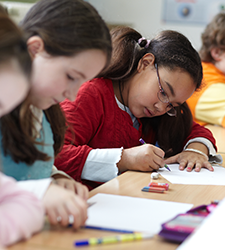
ReLari
The ReLari project investigates the relationship between children’s and adolescents’ relative age and their learning performance in the school context.